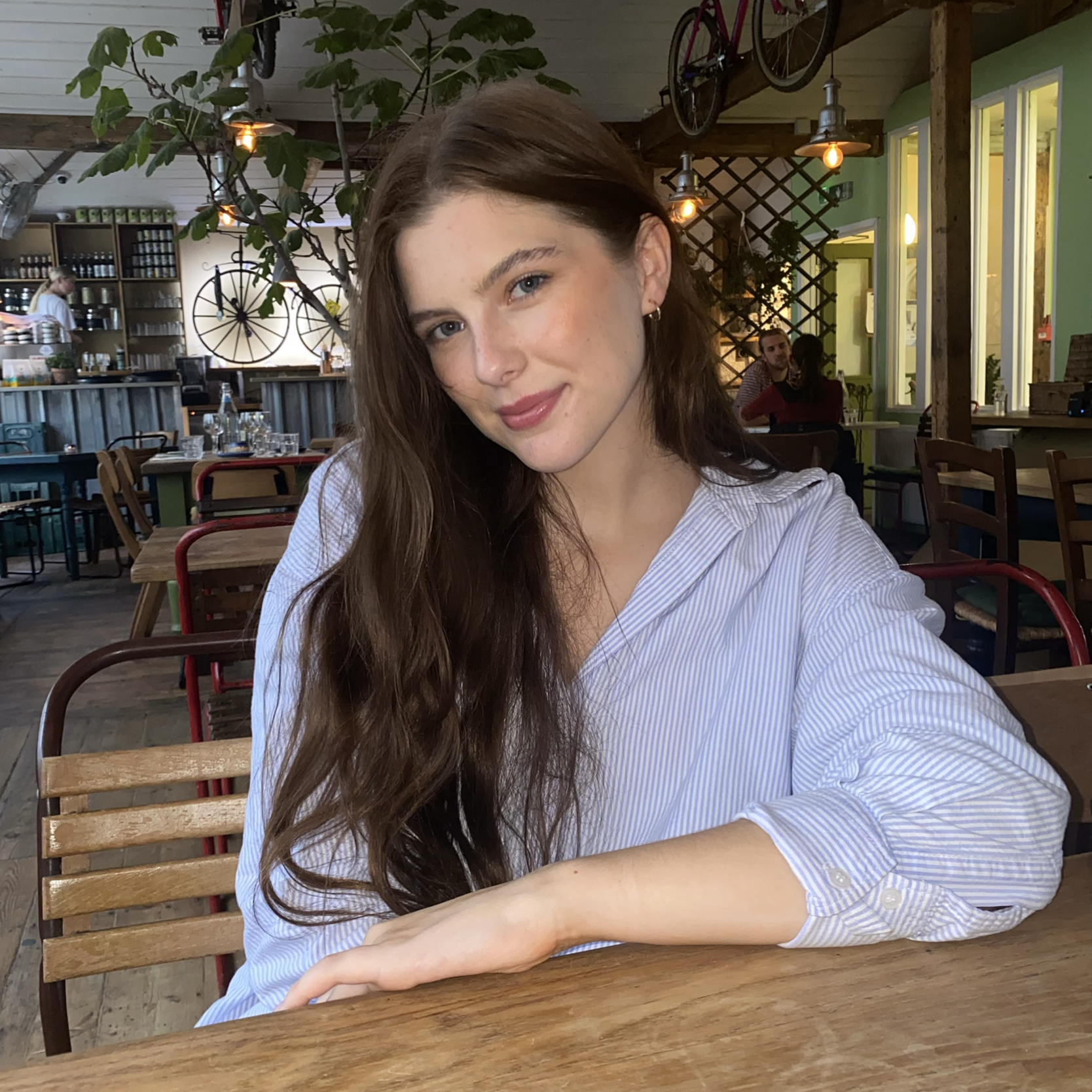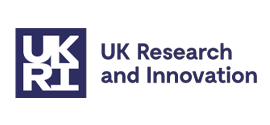
Photo taken at the “Our Voice: Effective and Equitable Partnerships” Conference. Picturing Isobel with some of the BAWSO team. Published by BAWSO on their website and instagram.
It is now well-understood that without working directly with communities on the ground in ways that are embedded in the communities’ own realities, responses to domestic violence and other forms of gender-based violence are unlikely to be effective. ‘By and for’ organisations respond to this very need – they are organisations and initiatives that operate ‘by’ and ‘for’ the communities they seek to serve, leveraging on linguistic and cultural knowledge and their lived experience in the community.
Despite the well-documented reach and effectiveness of ‘by and for’ organisations, most survivors still do not have access to services they offer. The Domestic Abuse Commissioner’s 2022 Independent report into domestic abuse services in England and Wales titled A Patchwork of Provision: Mapping Report provides insight into the gap that exists between need and provision. Among the 4,000 victims and survivors that were surveyed, 67% of the Black and minoritised survivors, 68% of the LGBT+ survivors, 55% of the disabled survivors, and 91% (21 of 23) trans survivors had explicitly sought help from ‘by and for’ organisations, yet, just a minority were able to access the support that they felt they needed.
During 2023, I had the opportunity to work with BAWSO, a leading ‘by and for’ organisation in Wales, which has granted me first-hand understanding of the need to mediate all responses to gender-based violence through a community voice. BAWSO was founded in 1995 to address the specific needs of Black and minoritised women facing violence and now provides accommodation and support to survivors of domestic abuse, forced marriage, honour-based violence, FGM and human trafficking for over 7,000 people annually. BAWSO’s approach is community-led, ensuring survivors receive culturally sensitive and faith-aware support. This approach is shared with police, medical professionals and other agencies that seek to build stronger and more culturally competent front-line responses to violence and exploitation in Wales.
Having spent the year collecting stories and organising events with BAWSO, I was exposed to countless survivors who described the transformative power of having someone who ‘gets it’, someone who understands their world and community, their language and religious beliefs, their vulnerabilities and sources of strength.
Real change happens when responses to gender-based violence are shaped by those who truly understand the cultural, religious, and social contexts of survivors. Yet, despite the clear success of ‘by and for’ organisations, access remains a privilege rather than a standard and the gap between need and provision is stark.
This is where the Institute of Domestic Violence, Religion & Migration (IDVRM) can play a crucial role. By bridging the gap between frontline services, faith communities, policymakers and aid organisations, IDVRM is helping to shift domestic violence responses from a one-size-fits-all model to one that acknowledges how migration, cultural and religious factors and forces shape experiences of gender-based violence and its responses.
IDVRM, developed from the Project dldl/ድልድል model, stresses decolonial reflexivity, interdisciplinarity, cultural and theological knowledge and genuine co-creation, ensuring that domestic violence responses are research-driven and rooted in the lived experiences of those they aim to support. With dedicated and long-term research and innovation funding, the Institute is uniquely positioned to develop evidence and inform ‘by and for’ practices in real time, as well as support organisations scale up and out effective programmes that are being implemented on the ground but are restricted by financial limitations.
In this way, together with ‘by and for’ organisations, we can ensure that every survivor has access to the support they trust in the spaces where they feel the safest.
About the Author

Isobel Brown is Communications Lead for the Institute of Domestic Violence, Religion & Migration. She has a diverse background working across social justice organisations, think tanks and global charities, supported by a law degree from Oxford University, where she specialised in Feminist Legal Studies. As Publicity Coordinator for BAWSO, the leading charity in Wales advocating for Black and minoritised victims of abuse, violence, and exploitation, Isobel championed community-based approaches to addressing gendered violence. She amplified survivor voices through media campaigns, events, and digital marketing strategies. Her work focuses on increasing visibility, raising awareness, and advocating for systemic change.
Disclaimer: Opinions expressed by authors contributing to our blog are those solely of the authors and do not necessarily represent the position of IDVRM, its Director or other team members. IDVRM is comprised of diverse individuals who are encouraged to share their experiences and opinions openly with recognition that other team members may have different experiences and positions. IDVRM does not claim to represent any one community and we understand that belonging to a specific group does not entitle any one of us to speak for all.
